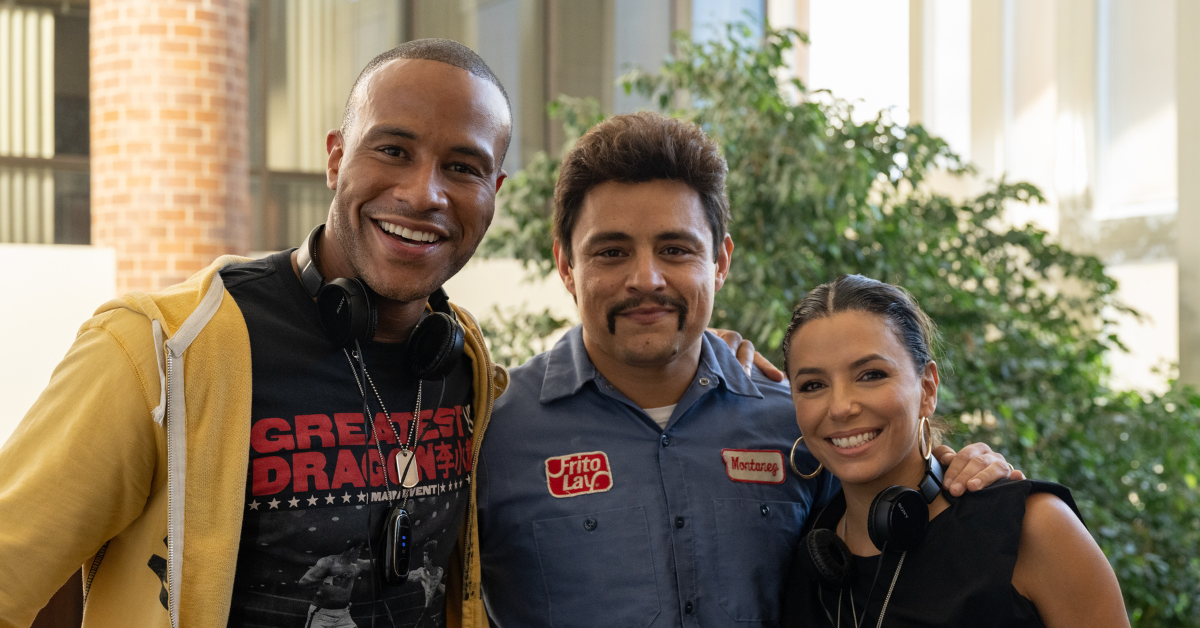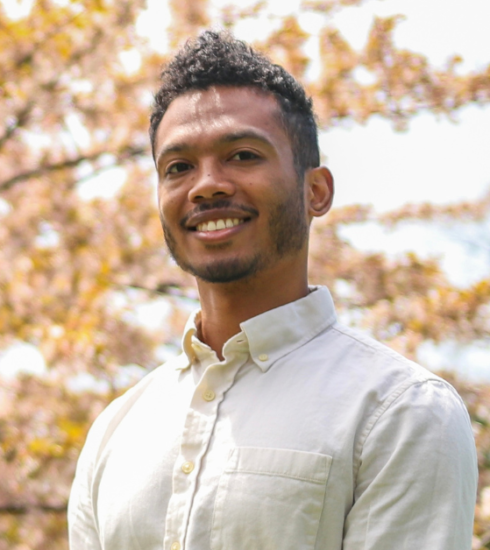Foundation, Blade, and Beyond: David S. Goyer’s Adaptation Mastery
During a recent interview, the accomplished screenwriter David S. Goyer provided valuable insights into his career and his process of bringing popular franchises to the screen. Goyer’s journey from graduating as an undergrad to becoming a sought-after writer for intricate adaptations showcases the gradual path to success in the entertainment industry. His portfolio includes well-known projects such as Blade, Batman V. Superman: Dawn of Justice, The Sandman, Terminator: The Dark Fate, and Foundation, demonstrating his skill in bringing a variety of stories to life while remaining faithful to their essence.
“I don’t work on adaptations that I’m not in love with. Whether it be a comic book, an original movie, or a novel, So I have to be a fan, first and foremost. As a fan, I call it the do no harm of storytelling. I want to make sure that in order to adapt it into another medium, we don’t have to form it so much that it’s no longer recognizable from the source material that I fell in love with,” Goyer expressed.
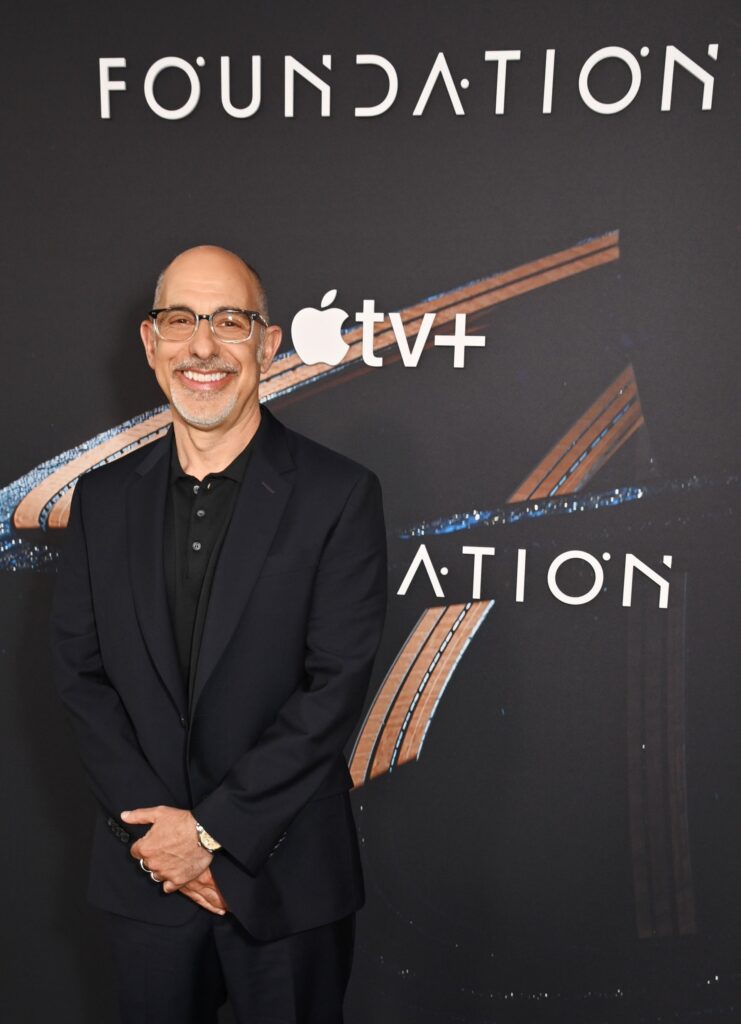
Goyer’s adaptation approach is deeply rooted in a strong affection for the source material. He stressed the significance of maintaining the core of the original story, whether it’s from a comic book, novel, or script. Understanding the underlying metaphors and themes of the narrative is crucial for effectively translating them across different mediums. Goyer’s adaptations stay faithful to the core elements that resonate with audiences, ensuring they remain true to the spirit of the original work.
“We live in a very different environment. And so if science fiction is about examining the anxieties or the issues that are affecting civilization at the time, it became clear to myself and Josh Friedman that we had to update the metaphor,” Goyer shared when speaking about Foundation.
Goyer stands out for his dedication to promoting diversity and inclusivity in storytelling. He discussed how he integrates cultural and social contexts into his adaptations to keep them relevant for modern audiences. Goyer’s analysis of race dynamics in Blade and his modernization of Foundation to address current issues like #MeToo and identity politics enhance the depth and richness of his storytelling. He crafts narratives that are inclusive and reflective of our diverse world by ensuring a wide range of representation.
“If there’s no pre-existing source material, such as a comic book or novel, then you evaluate the screenplay or story on its own terms,” Goyer explained. He further said that this is particularly important when you are producing an adaptation where the current fan base has certain expectations. They were able to accomplish this when creating Blade because nearly only “5% of the viewers” actually read the comics. So they were able to “make quite a few changes” and “update the character and add more of a samurai element” to him.
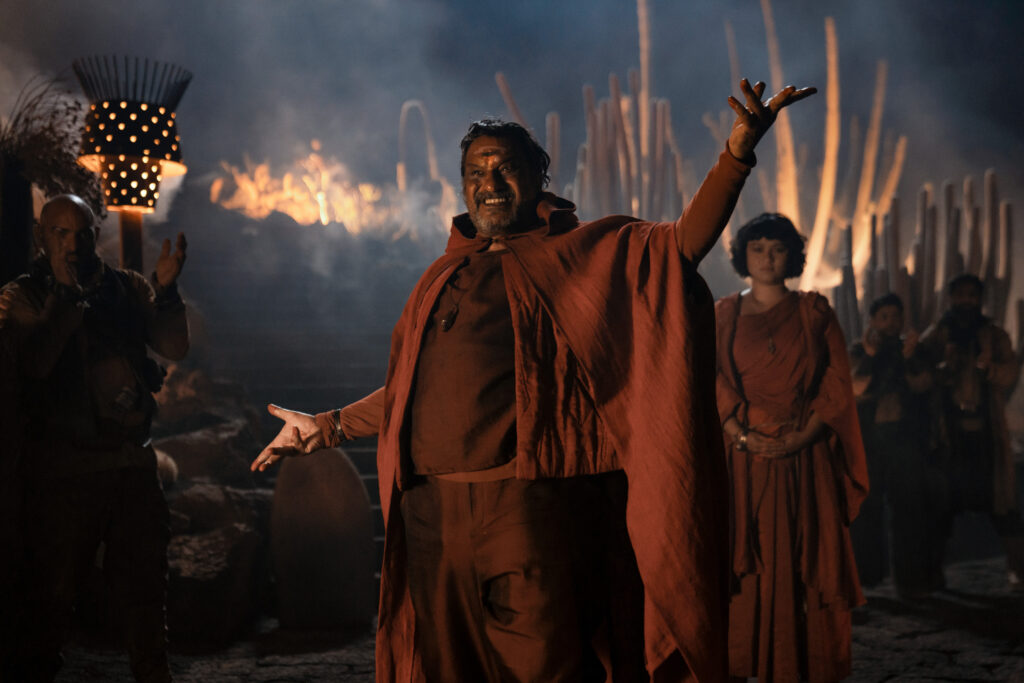
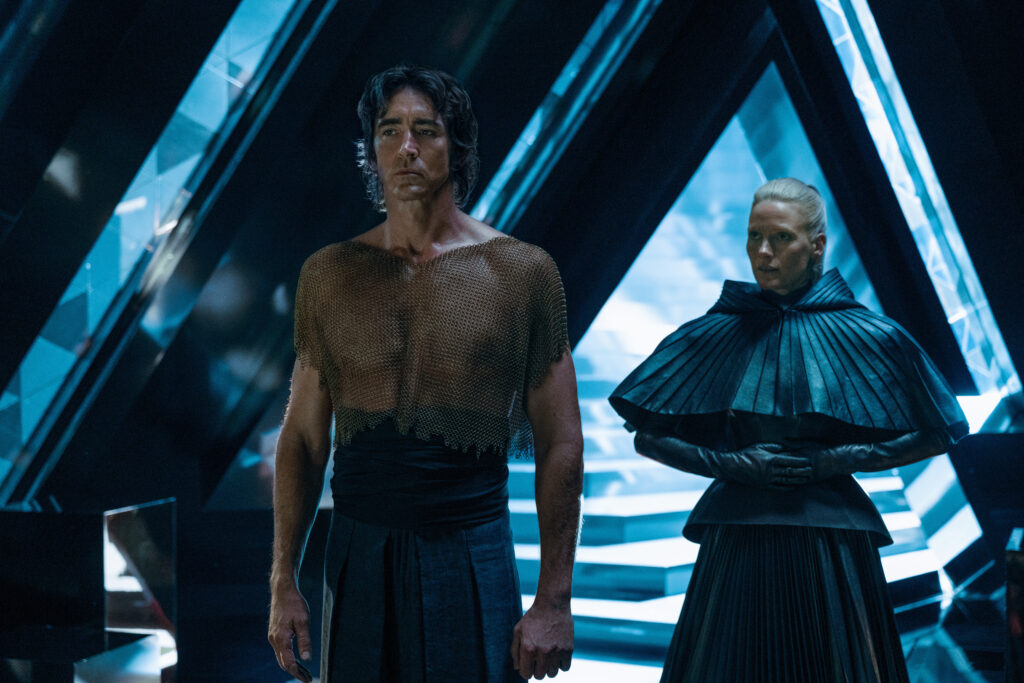
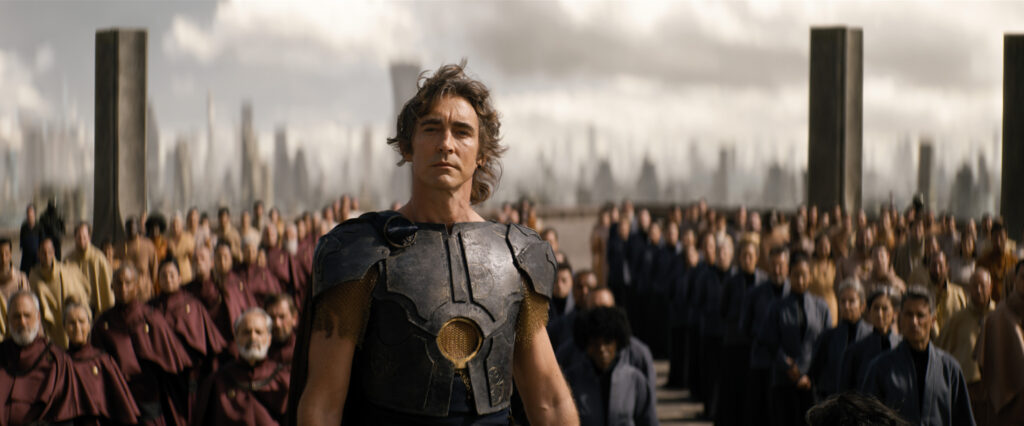
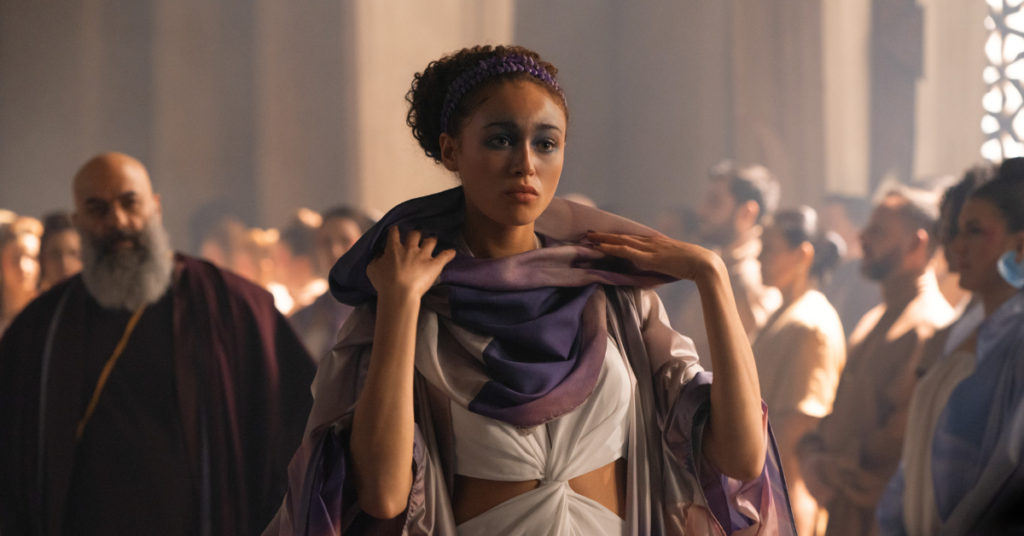
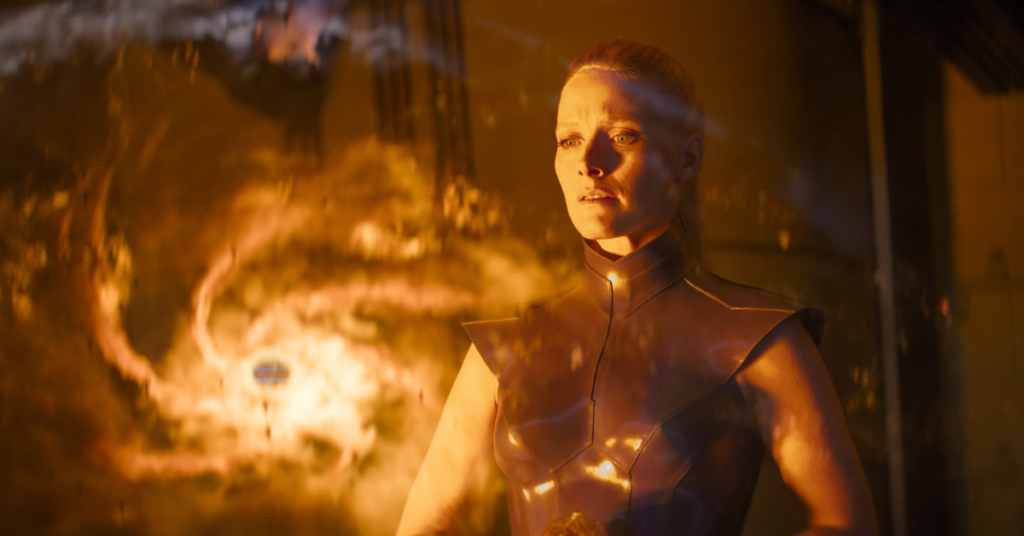
Goyer’s commitment to creating genuine and significant stories goes beyond simply translating pre-existing material. He evaluates each screenplay or story with a fresh perspective when developing original stories. He crafts his original works to deeply connect with audiences, emphasizing the story’s unique qualities and potential impact rather than relying on existing source material. Goyer’s approach enables him to delve into a variety of themes and narratives, highlighting his skills as a storyteller.
“I always like projects that I work on to have some underlying metaphor. I work on a lot of projects in science fiction, fantasy, or horror. I think that those genres work best when they function as allegories. They resonate the most with the audience. Even if it’s not on a conscious level, the story is working at an unconscious level for people. It’s giving more emotional and societal weight to the story,” Goyer explained.
At the core of his storytelling philosophy is the concept of crafting allegorical narratives that deeply connect with the audience on a subconscious level. Exploring the realm of vampires in Blade or the futuristic society of Foundation, Goyer incorporates underlying metaphors that mirror current issues and societal concerns. He captivates the audience by delving into profound narratives, encouraging contemplation of universal topics that extend beyond the boundaries of the visual medium.
David S. Goyer demonstrates a sophisticated grasp of narrative craft and audience engagement in his approach to adaptation and storytelling. He excels at blending faithfulness to the original material with fresh reinterpretations, all while championing diversity and inclusivity, making him a standout visionary in the entertainment field. Goyer’s work consistently challenges storytelling norms, crafting narratives that deeply connect with viewers and mirror the intricacies of our reality.




